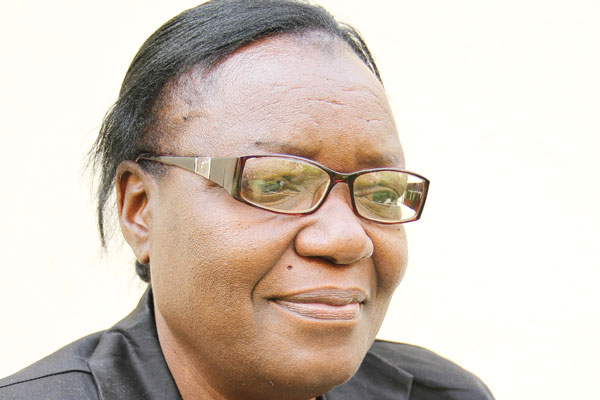
PLANS are afoot for the construction of a $60 million pipeline from Zhovhe Dam that will bring water to 30 000 people and green a large section of Beitbridge district.
BY OWN CORRESPONDENT
Or it could just be another blinder by the Zanu PF government which comes with all sorts of projects they shelve after winning elections, some opposition party members suggested.
Zhovhe is the country’s 11th largest dam built in the mid-90s and located in the heart of what used to be Beitbridge’s commercial farming area.
Currently, the water body, with a capacity of 133 million cubic metres, benefits only a handful of resettled and commercial citrus farmers living along the Umzingwane River into which the dam spills.
It has not lived to its expecations, where a pipeline or canal was expected to feed water to a belt stretching from the dam to Beitbridge town and beyond.
Agricultural activities in Beitbridge are possible if water is readily available.
Already some of Africa and the world’s largest citrus plantations are in Beitbridge where they belong to white commercial farmers.
- Chamisa under fire over US$120K donation
- Mavhunga puts DeMbare into Chibuku quarterfinals
- Pension funds bet on Cabora Bassa oilfields
- Councils defy govt fire tender directive
Keep Reading
Villagers in Shashi have since ventured into citrus farming and are eyeing huge benefits after a non-governmental organisation equipped them with modern centre pivot overheard irrigation machinery.
Beitbridge acting district administrator Jahson Mugodzwa on Tuesday confirmed the massive revisited project saying plans were advanced, but gave no further details.
“Stakeholders from all government ministries met at our office on Monday, where that subject was topical. I am not at liberty to give you finer details, but will confirm such a meeting was held,” he said.
But a source who attended the meeting said the pipeline would be about 60km long.
It will deliver water — the liquid gold in this dry district — to Mtetengwe, Jompempi, citrus farms south of the Zhovhe and Malala communal areas.
“It is expected to run towards the border town alongside the highway from Beitbridge to Bulawayo. Branches from the main line should also follow feeder roads to the highway and reach all communal areas serviced by that highway,” the well-informed source said.
Looking at the terrain, water is likely to gravitate, thereby reducing cost.
Government will fund the construction of the pipeline that should have been included during construction of the Zhovhe Dam.
Then the pipeline was expected to cost $20 million.
“Apart from the water, beneficiaries will be employed during construction, although dates of commencement of the project are still to be announced,” the source further said.
Towards elections, the Zanu PF government comes up with all sorts of projects.
Jompempi and Mtetengwe communal areas, like all areas in Beitbridge, are arid, but productive.
Communal farmers in Beitbridge recently proved their production prowess if sufficiently supported.
Most, supported by non-governmental organisations, have ventured into fish-farming in defiance of the climatic conditions of their district.
“If water is availed, we can change our world,” reigning best farmer of the district Majini Ndou, of Dimlomo village, told the NewsDay last week.
Matabeleland South provincial chairperson of the Joice Mujuru-led National People’s Party, Handsome Mbedzi, laughed off the “sudden” interest in building the pipeline.
“That is what they say each time we go towards an election. They come with all sorts of plans which are forever on the drawing board,” he said.
“People should not be fooled by these old ideas from old people. They have no time for the ordinary Zimbabweans and they long abandoned the population.”











